Americas
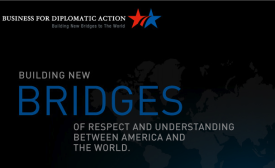
We need an army of corporate diplomats, from multiple sectors, engaged in strategic corporate diplomacy efforts to shore up America’s soft power reserves.
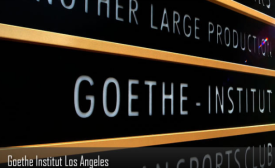
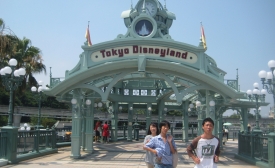
A recent book from Martha Bayles, a lecturer in humanities at Boston College, tackles the question of how American entertainment industry products confound official U.S.
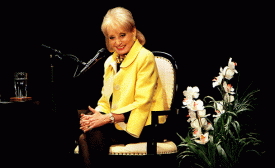
Is anyone better positioned to ‘inform and influence’ international audiences today?
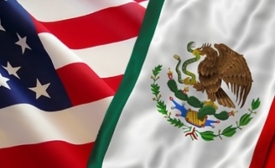
The U.S.-Mexico partnership faces serious challenges, not the least of which is the disconnect between each nation's public perception and reality.
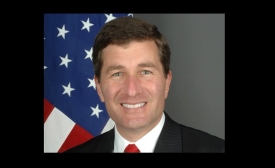
As Secretary of State John Kerry has pointed out, “Now more than ever, economic policy is foreign policy.” Rivkin’s appointment to lead the Economic and Business Affairs bureau comes after a long, entrepreneurial career in the entertainment industry, making him the first non-career bilateral ambassador to hold the position.
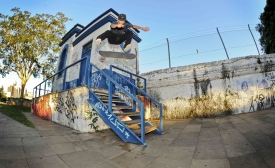
CPD Photo Essay: Skateboarders from the United States and Brazil forge meaningful ties around a half-pipe in São Paulo.
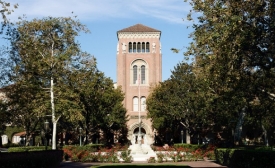
2014 marked the ninth annual Summer Institute in Public Diplomacy, ran by the USC Center on Public Diplomacy at the Annenberg School.
This intensive two-week training program allowed professionals from across the globe to immerse themselves in the growing field of public diplomacy. The Summer Institute equipped students with tools to better understand the role of public diplomacy, analyzed the impact of new communication technologies, and employ innovative approaches for improving the image and impact of their country or organization.







